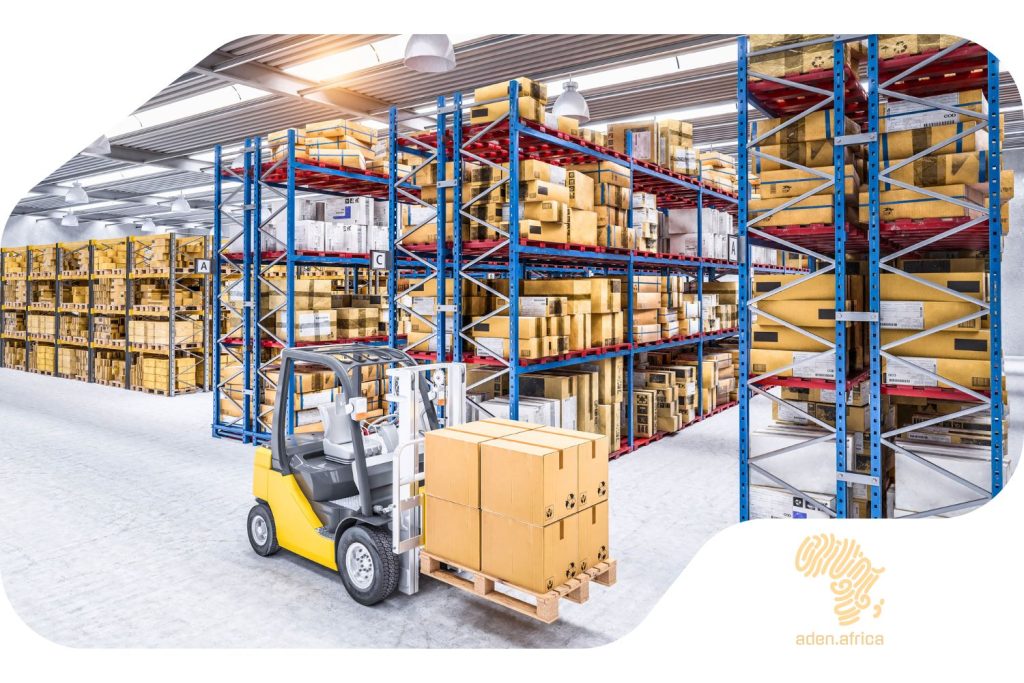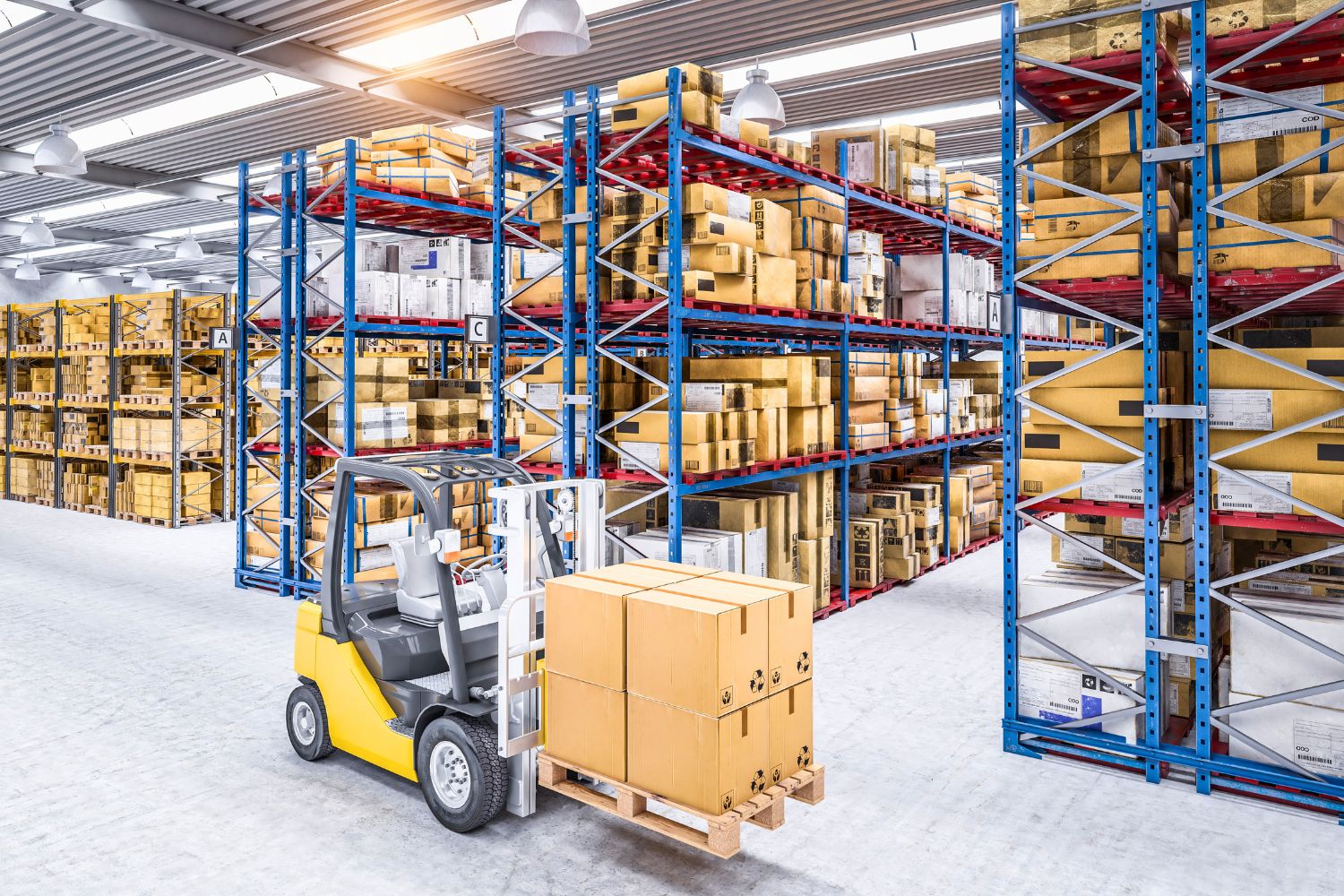
When you hear about the African Continental Free Trade Area (AfCFTA), what’s the first thing that comes to mind? For most people, it’s tariffs. The headline news has been all about the goal of eliminating tariffs on 90% of goods, making it cheaper to trade across the continent.
And don’t get us wrong, that’s a fantastic and hugely important step.
But focusing only on tariff reduction is like looking at a rocket and only talking about the paint job. It misses the colossal engine that’s actually creating the thrust. The AfCFTA is a fundamental reshaping of the continent’s economic landscape. For savvy investors, the real, game-changing value lies in the deeper, more strategic opportunities it creates.
As a network focused on providing our members with an intelligence edge, we believe it’s crucial to look beyond the headlines. So, let’s dive into the five less-obvious, but far more powerful, ways the AfCFTA actually creates value.
1. The “Demand Superhighway” Effect: Aggregating Markets
For decades, investing in Africa often meant navigating a fragmented map of 54 distinct economies, each with its own market size and regulations. A business might be hugely successful in one country but find it difficult to expand into the next.
The AfCFTA changes this completely. As we see it at ADEN, this isn’t just a trade policy;
it is the demand superhighway that makes cross-border business exponentially more valuable.
Suddenly, an investor isn’t looking at a single country with a population of 20 million. They are looking at a functionally integrated domestic market of over 1.3 billion people. This aggregation of demand is a radical game-changer. It means a factory built in one country can be scaled to serve an entire region, making larger, more ambitious investments not just viable, but logical. It’s the difference between opening a single local shop versus planning a continental retail chain.
2. Unleashing Economies of Scale and Specialization
When you’re trying to serve small, separate markets, you often have to be a jack-of-all-trades. A company might have to produce multiple products on a small scale just to survive. The AfCFTA flips this on its head.
With access to a massive, unified market, companies can now specialize in what they do best and achieve true economies of scale. A tech company in Rwanda can focus solely on developing world-class fintech software, knowing it can sell it frictionlessly to banks in Ghana and Kenya. A factory in Ethiopia can perfect the manufacturing of a single automotive component at a massive scale, driving down costs and becoming a continental leader.
For an investor, this means you can back companies that are leaner, more efficient, and have a clear path to becoming best-in-class, not just within their own borders, but across all of Africa.
3. The Rise of True Regional Value Chains
This is perhaps the most exciting structural shift. For too long, the dominant model has been to extract raw materials from Africa and export them for processing elsewhere. The AfCFTA is the engine that will power the development of complex, cross-border value chains within Africa.
This is a core part of the ADEN thesis:
moving up the value chain on African soil.
Imagine this: Bauxite is mined in Guinea. Instead of being shipped out raw, it’s transported to a new, state-of-the-art smelter in Ghana (powered by reliable energy) to be processed into aluminum. That aluminum is then used by a manufacturer in Nigeria to produce components for the automotive industry across West Africa.
Every step in that chain—from mining to logistics to refining to manufacturing—represents a distinct investment opportunity. The AfCFTA provides the integrated, low-friction framework that makes these kinds of multi-country value chains possible, creating thousands of skilled jobs and retaining immense value on the continent.
4. Slashing Risk Through Harmonization
This might not be the most glamorous benefit, but for any serious investor, it’s one of the most important. A huge hidden cost of doing business across Africa has been the sheer complexity of navigating different sets of rules.
The AfCFTA is working to harmonize regulations for customs procedures, trade rules, intellectual property rights, and competition policy. This is a massive undertaking, but every step forward makes the entire continent a more predictable, transparent, and attractive place to invest. It reduces the administrative burden, lowers legal risk, and creates a more level playing field. It means less time spent on paperwork and more time spent on actually building the business.
5. A Beacon for Global & Diaspora Investment
Finally, the AfCFTA itself acts as a giant, flashing green light to the global investment community. It is a powerful signal that Africa’s leaders are committed to economic integration and creating a pro-business, pro-investment environment.
The creation of the world’s largest free trade area by population makes Africa a much more compelling destination for Foreign Direct Investment (FDI) and, crucially, for Diaspora Direct Investment (DDI). It puts the continent on the map for major institutional funds and strategic investors who may have previously seen it as too fragmented. This influx of capital creates a positive feedback loop, funding new projects, creating more opportunities, and driving further growth.
From Insight to Action
Understanding these five drivers is the first step. The next is having the access and insight to act on them. This is the core mission of ADEN. Our focus on
investing in the integrated economic corridors that form the arteries of this new superhighway is specifically designed to leverage the power of the AfCFTA. Our network connects diaspora investors with the projects, entrepreneurs, and policymakers who are turning the promise of the AfCFTA into a reality.
The AfCFTA is more than a trade deal; it’s the master blueprint for Africa’s 21st-century economy. The investors who succeed will be those who read beyond the headlines and position themselves to capitalize on the profound structural shifts it is creating.







